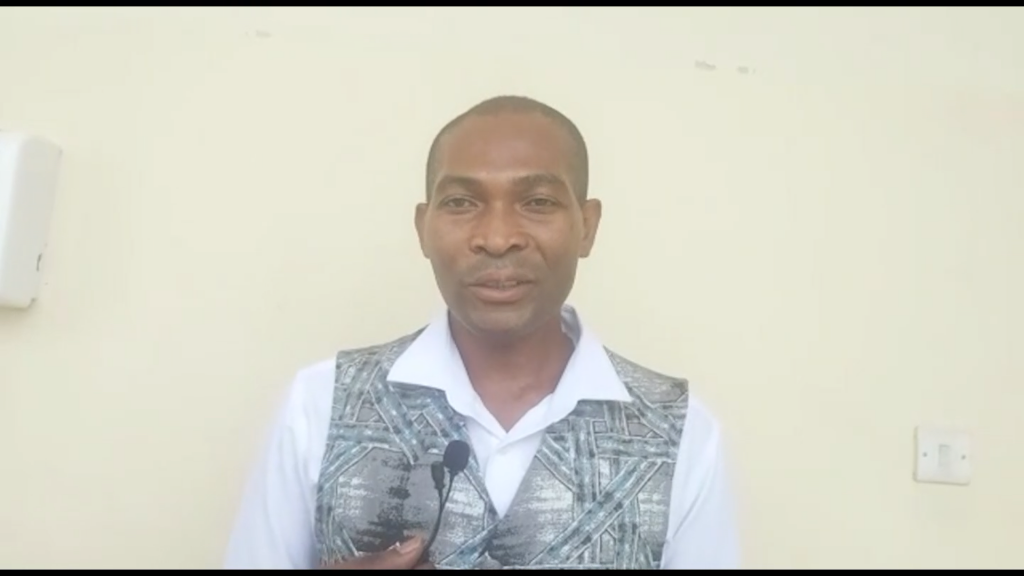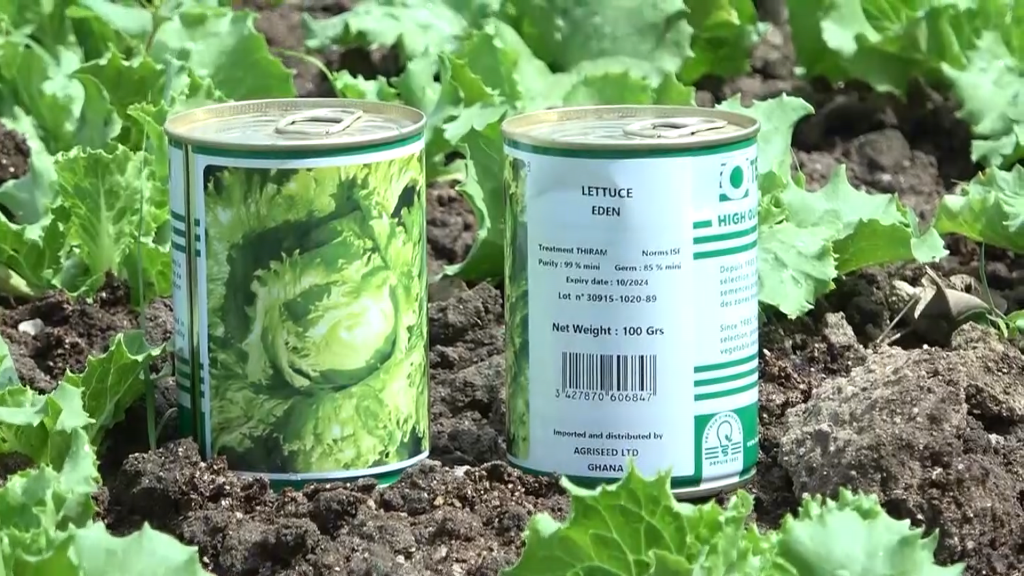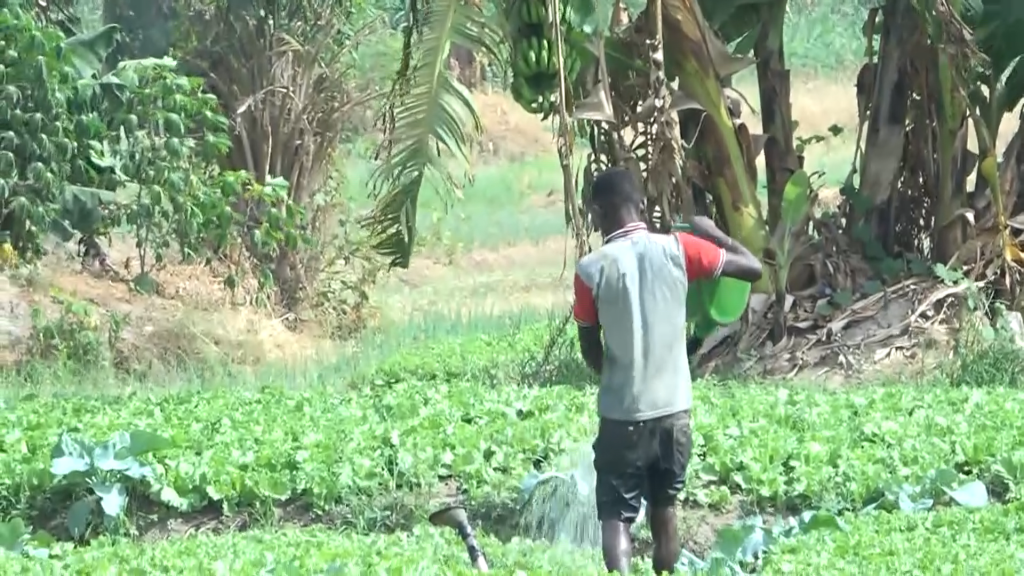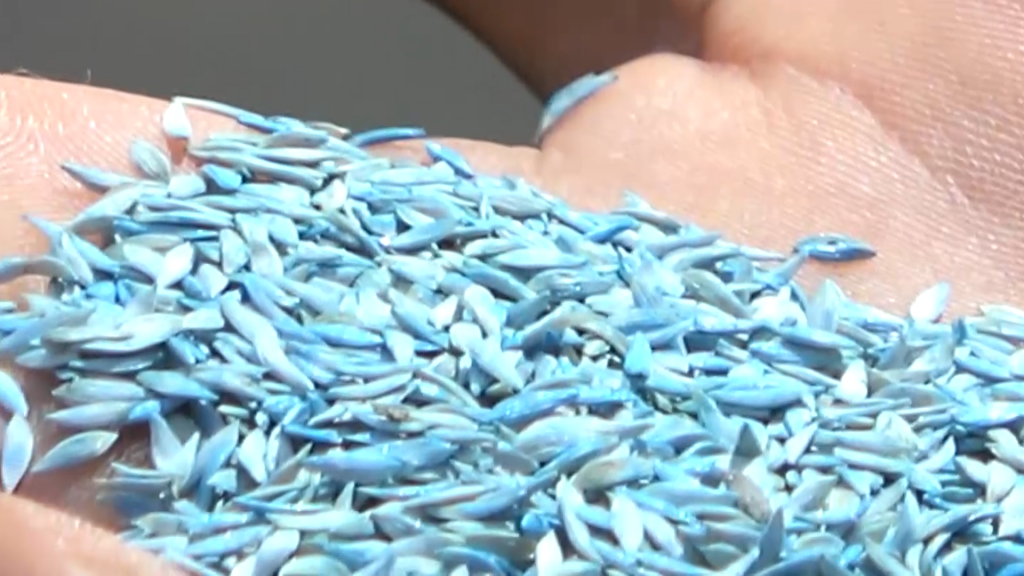Researchers at the Department of Horticulture under the faculty of Agriculture at the Kwame Nkrumah University of Science and Technology are calling on government to institute measures to ensure sustainable production of seeds in Ghana.
Ghanaian farmers especially those who deal in vegetable production import seeds from other countries which at times do not suit the weather condition in the country.
During a visit by Citi Business News to some farms, a vegetable farmer at Gyinase in the Ashanti Region with about fifteen years of experience, Agyei Douglas corroborated the claim.

For Agyei and his colleague farmers, their major challenge is access to seeds.
They always have to import these seeds from other countries which at times become scarce.
This he said affects their activities badly.
He told Citi Business News that the imported seeds do not normally thrive well in Ghana due to the difference in weather conditions, and as a result, neighbouring countries such as Burkina Faso and Togo among others who produce their own seeds come out with more attractive ones.

According to Agyei, this affects the competitive advantage and preference for imported products compared to ones produced in Ghana.
He is thus urging government and all stakeholders to come up with ways of producing seeds in Ghana to reverse the worrying trend.
“Researchers from KNUST have been here on a number of occasions regarding this seed challenge but nothing has far come out of it as they have not been able to produce the seeds for us. We then import the seed from other countries and they are sometimes difficult to come by. In Ghana, there is only one recognised seed importer but he only imports when he is out of stock which affects us the farmers. We sometimes have to make orders from neighbouring countries or send a representative to purchase some for us. These are challenges we face as Ghanaian vegetable farmers. We are therefore calling on the government to invest in the agric ministry so they can find solutions to our challenges”.

Another farmer, Emmanuel Sam, the Vice Chairman of Peace and Love Vegetable Growers Association at Asokwa wants serious research into it, as he said some locally produced seeds that some Ghanaians attempted to produce were inferior.
Speaking at the maiden edition of the seed sector forum organized by a KNUST lecturer at the Department of Horticulture, Dr. Eli Gaveh, the scientists who spoke at the event described the phenomenon as worrying and therefore urged government and even students to take advantage of entrepreneurial opportunities in seed production to permanently reverse the trend.
“We are looking at the tomato industry where Ghana imports roughly 95 million worth of tomato annually from Burkina Faso according to research figures. We also import a lot of vegetable seeds every year. With the industry, Ghana can be very competitive in producing its own tomato and other vegetables we consume. We can do this by focusing our attention of developing the local vegetable seed industry, where we can develop vegetable seeds which can adapt to our climate and can do very well in the tropical condition. We can minimize the amount of money we spend on imports of seeds and sometimes the vegetables we bring into the country”.
Meanwhile, the Ashanti regional director of Agriculture who was at the forum, Rev. John Manu has been outlining some measures government is putting in place to help tackle the issue.

“Vegetable seed production industry has been at the infancy stage but currently with government’s support through planting for food and jobs and this greenhouse initiative, government is supporting various institutions especially crop research. They are seriously doing some work. I know they are doing a very good work on tomato production. The idea is to strengthen vegetable production in Ghana. We want to encourage the youth into it. This year, there is going to be major work so that this issue of going to Burkina Faso for tomato will be a thing of the past”.
Source: citifmonline.com


Comments